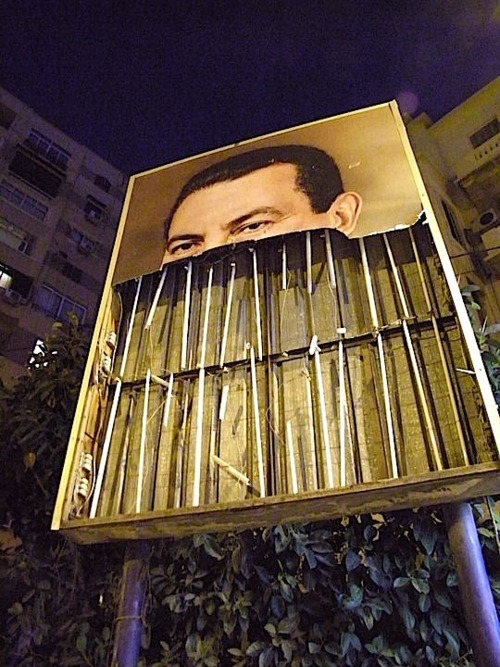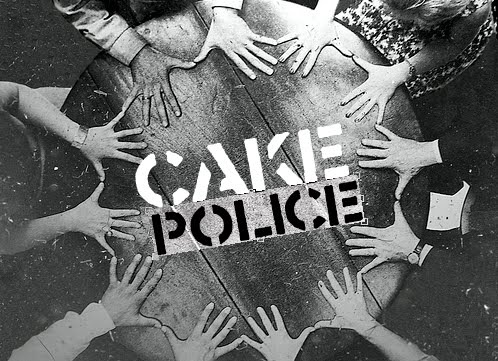
The desperation of a powerless regime. We all ought to know now what to think of the pleasant-sounding phrases so many world leaders like to use:
"The president said that change can not be achieved through chaos but through dialogue."
"Mubarak urged calm, adding that only because of his own reforms over the years were people able to protest."
Lest anyone take the latter claim seriously, these reports from nearly two months ago should help to elucidate the heretofore grim political reality of life in Egypt, including the fact that, "in Egypt it's illegal for more than five people to gather in one place."
A few more quotations:
"This is a country whose policy is directed towards small elites that are enjoying the country's resources, in short. You know. And when you have nothing to give, there is nothing but the police, there is nothing but brutality, there is nothing but oppression, there is nothing but detention centers and torture and so on. The regime is strong, and we have to be stronger."
"I think one advantage, which I hope would reflect on the way people struggle to change this regime, is to realize that Parliament in a police state is not the way to change."
It's obvious that the protesters, who are heroically intransigent, will not continue to accept the presence of a hateful dictator like Mubarak (though whether he is in fact a dictator is apparently still an unresolved question for some people), even or rather especially after the pitiful and hypocritical offers to dismiss his cabinet and implement other reforms. As one protester aptly put it: "We want Mubarak to go and instead he is digging in further. He thinks it is calming down the situation but he is just angering people more." Were it not for the fact of his dictatorship, which has ruled under emergency law for its thirty-year duration, talk of "dialogue" might make sense. But with his cynical and despicable casting of suspicion on the protesters themselves ("part of a bigger plot to shake the stability and destroy legitimacy" of the political system) and his defense of his own security forces' violently brutal crackdown on the protests, his presentation of himself as a potential interlocutor for the furious dissidents can be taken seriously only by the likes of, say, Hillary Clinton.
Short of more violent measures that will only further de-legitimize his rule in the eyes of every decent person in the world, there is no way Mubarak will be able to hold on to power, and his "reaching out" to protesters to supposedly engage them in some kind of conversation is transparently just that: an effort, as it has already been said, "to dig in further" in clinging to the autocratic authority which has brought such stability to the region.
Edit: Here is the best and most jubilant conversation about the events in Egypt that I've seen on a television news program thus far. You get a sense of just how world-historical this moment is when the people this woman is interviewing laugh in her face after she asks the predictable, statist question of who will lead Egypt if Mubarak is overthrown.
http://english.aljazeera.net/watch_now/

No comments:
Post a Comment